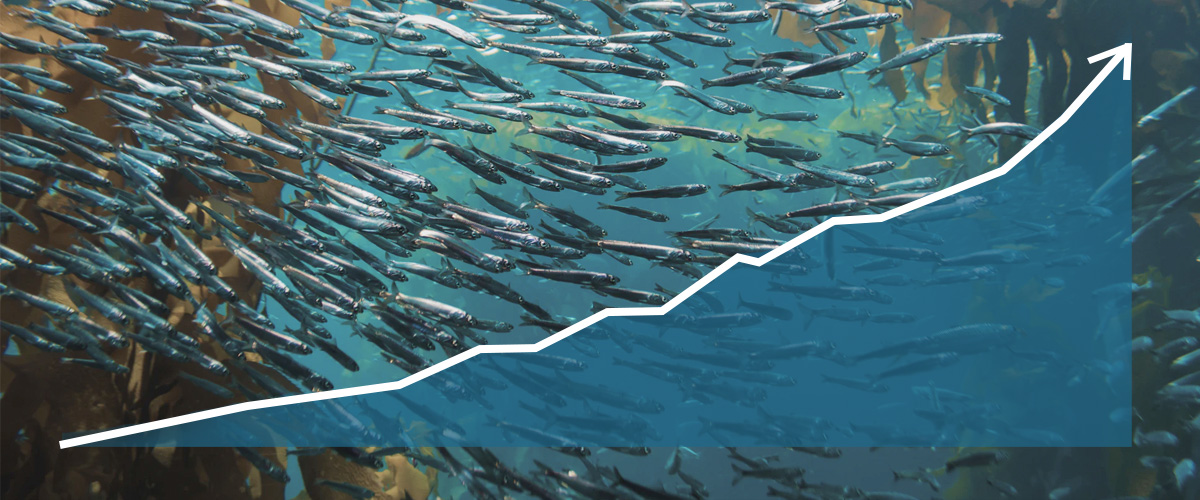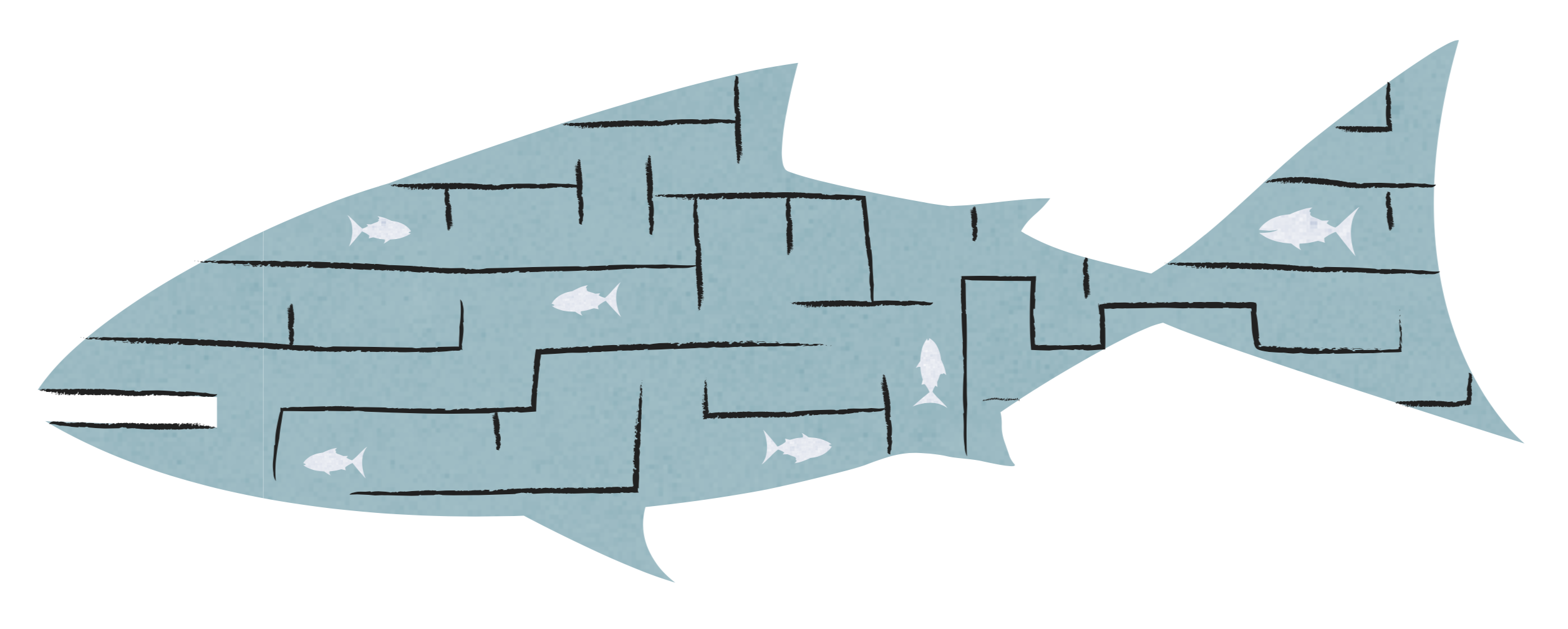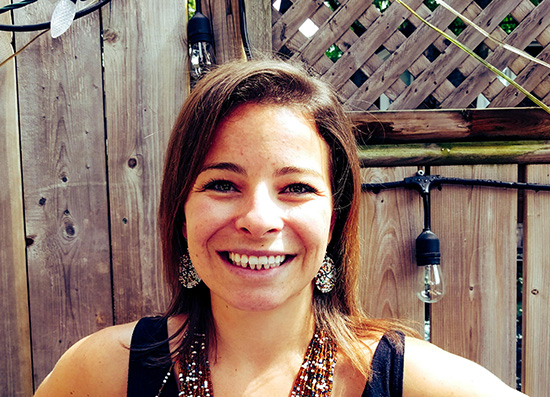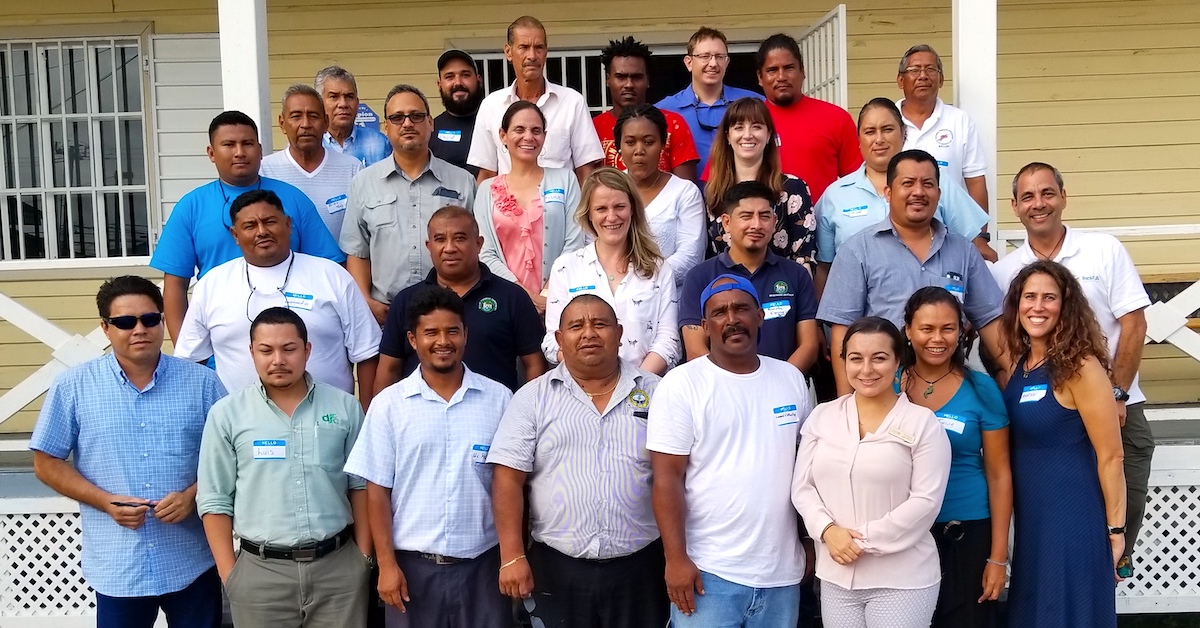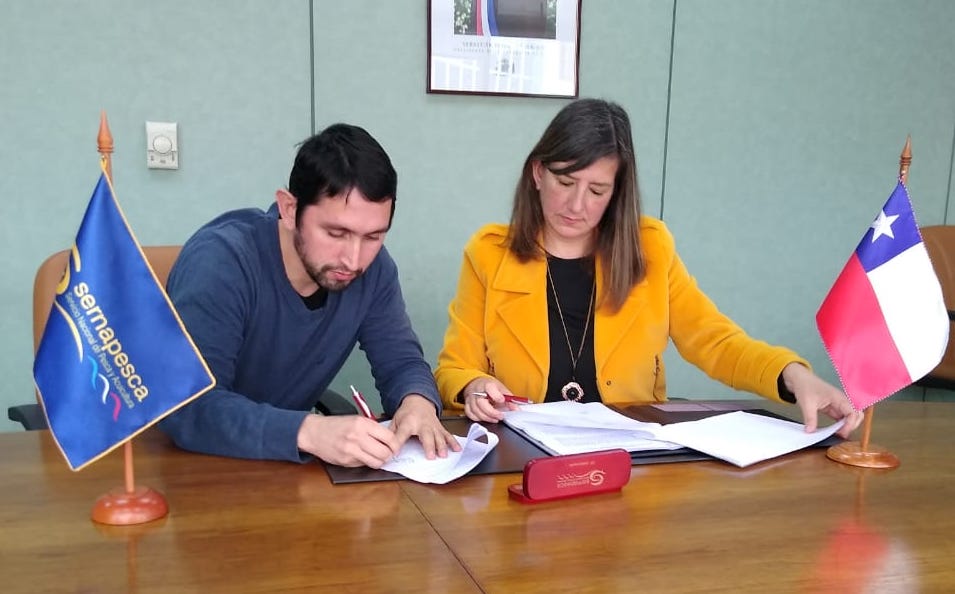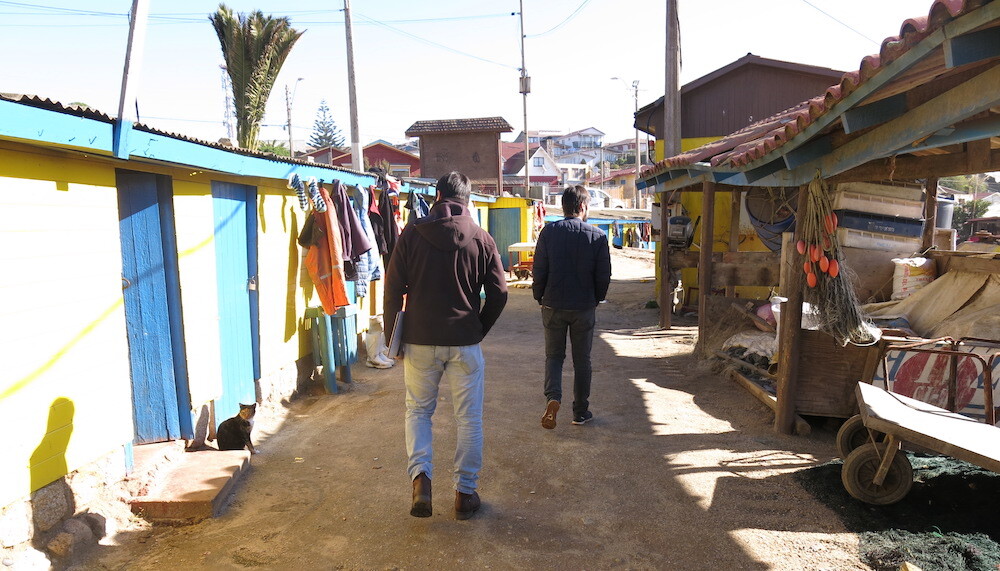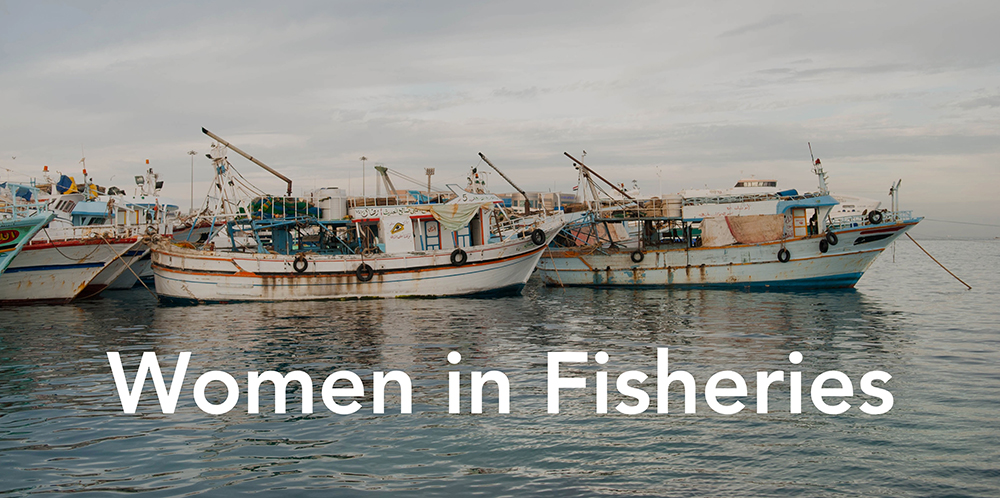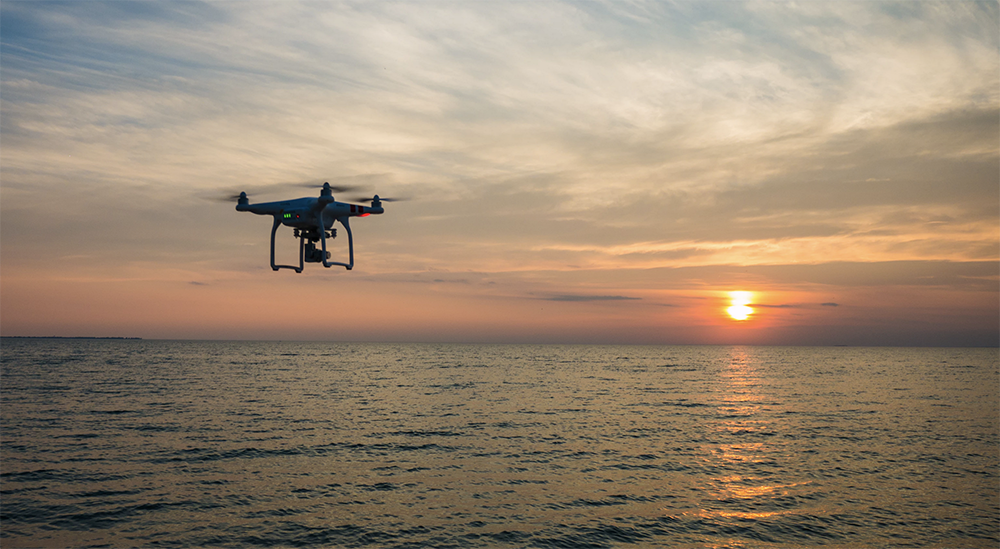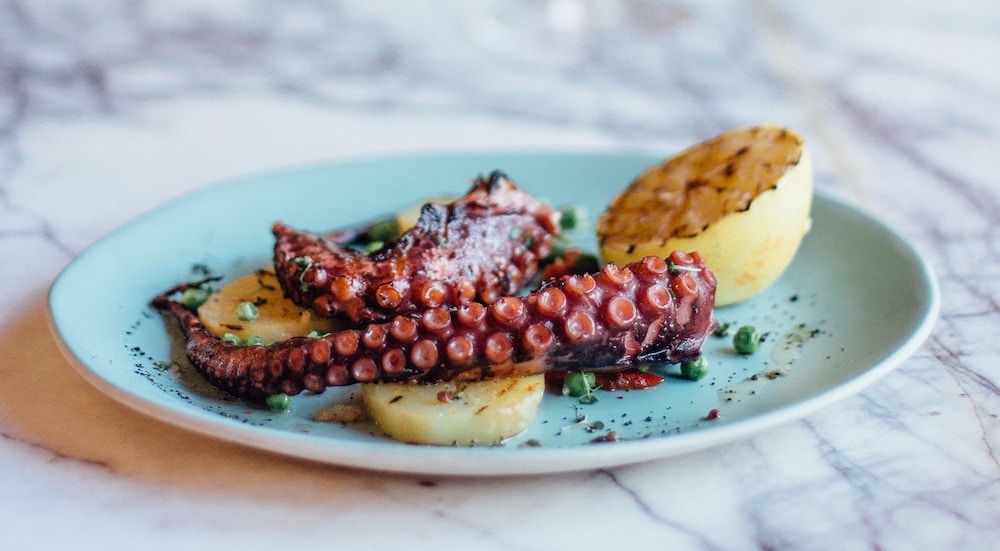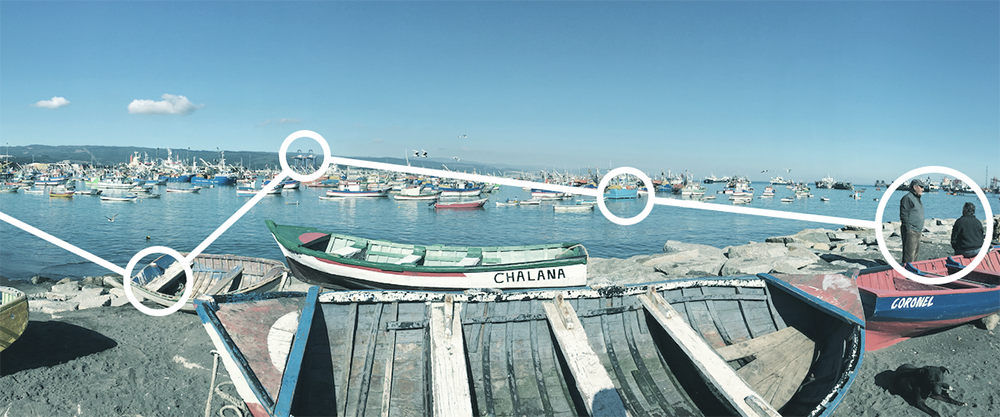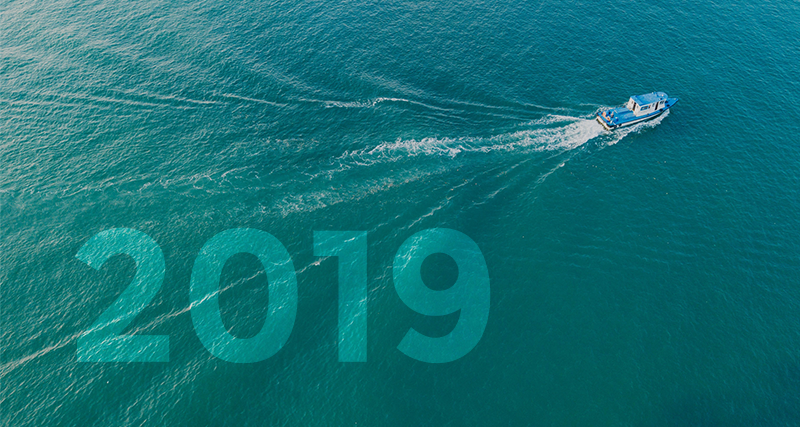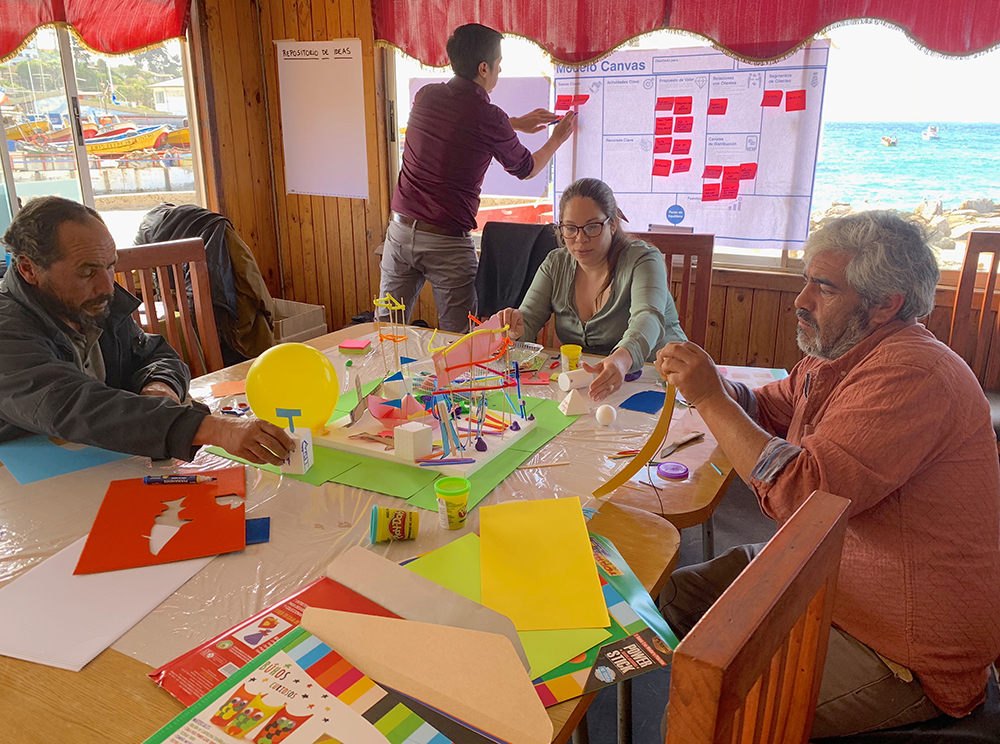Five Ways Climate Change Threatens the Future of Fish
In our mission to end overfishing, we focus on creating solutions that can benefit both the environment and the communities that depend on fisheries for food and trade. Increasingly, we find ourselves faced with the question: how can we design solutions that can endure the onslaught of climate change? And even more importantly, can we design in ways that can reduce the carbon footprint of fisheries, to help tackle both overfishing and the climate crisis? Fish and fisheries are already feeling the effects of…


